June 14, 2017
Caring responsibilities are main cause of workplace absence and lower productivity 0
 An increasing number of workers are taking on caring responsibilities, be this for children, elderly relatives or other dependents, and it’s becoming a major cause of workforce absence, claims new research. According to data released by group risk industry body GRiD, for 61 percent of employers these issues are a main cause of short-term absence (less than 4 weeks); for 49 percent of employers these issues are a main cause of mid-term absence (4 weeks to 6 months) and for 43 percent of employers these issues are a main cause of long-term absence (in excess of 6 months). They can also be a contributory factor in the development of mental illness or the deterioration of mental health. Indeed, mental ill-health is another major cause of absence, due to the knock-on effects of stress and deteriorating mental health that results in more absence. In terms of what employers are doing to reduce absence and improve attendance, flexible working comes out as the top-rated solution, with 36 percent of employers citing this as one of the measures they have put in place to minimise absence.
An increasing number of workers are taking on caring responsibilities, be this for children, elderly relatives or other dependents, and it’s becoming a major cause of workforce absence, claims new research. According to data released by group risk industry body GRiD, for 61 percent of employers these issues are a main cause of short-term absence (less than 4 weeks); for 49 percent of employers these issues are a main cause of mid-term absence (4 weeks to 6 months) and for 43 percent of employers these issues are a main cause of long-term absence (in excess of 6 months). They can also be a contributory factor in the development of mental illness or the deterioration of mental health. Indeed, mental ill-health is another major cause of absence, due to the knock-on effects of stress and deteriorating mental health that results in more absence. In terms of what employers are doing to reduce absence and improve attendance, flexible working comes out as the top-rated solution, with 36 percent of employers citing this as one of the measures they have put in place to minimise absence.










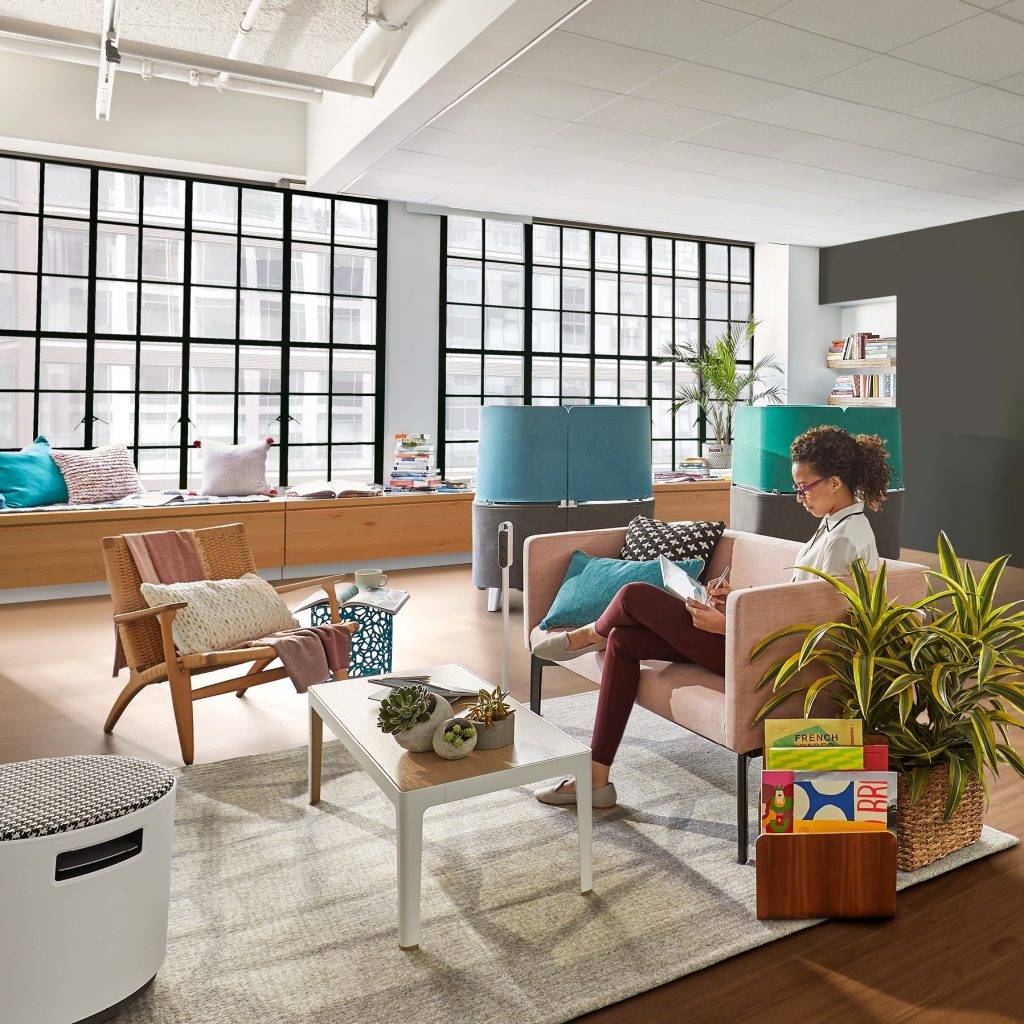
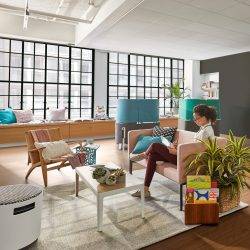
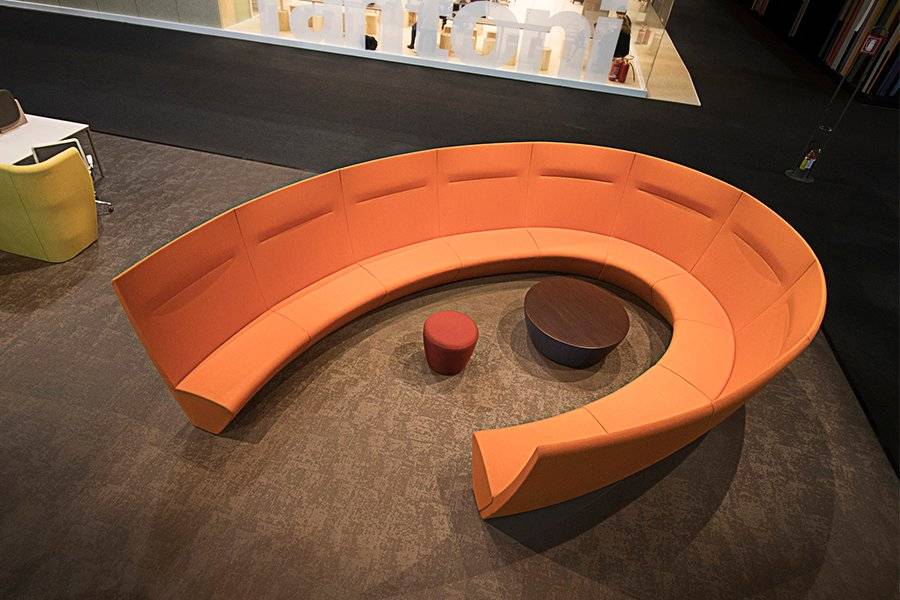
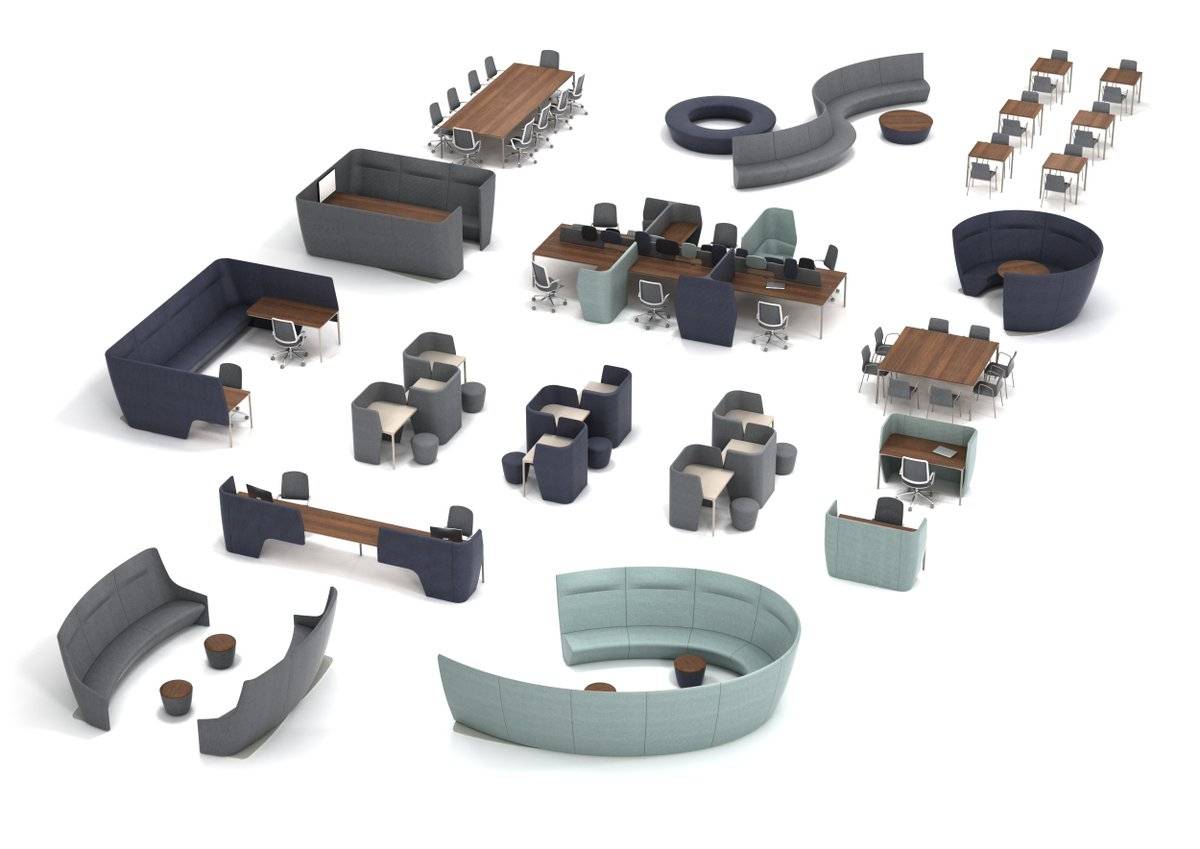
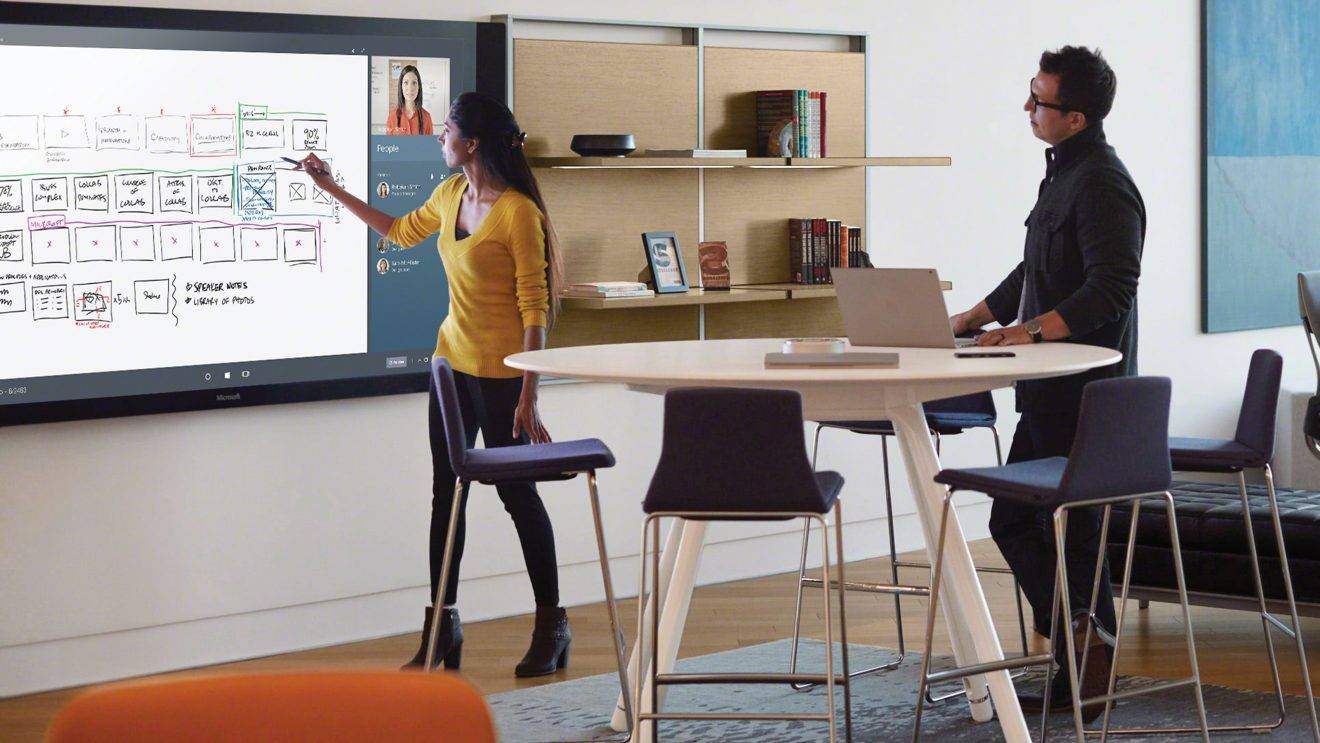

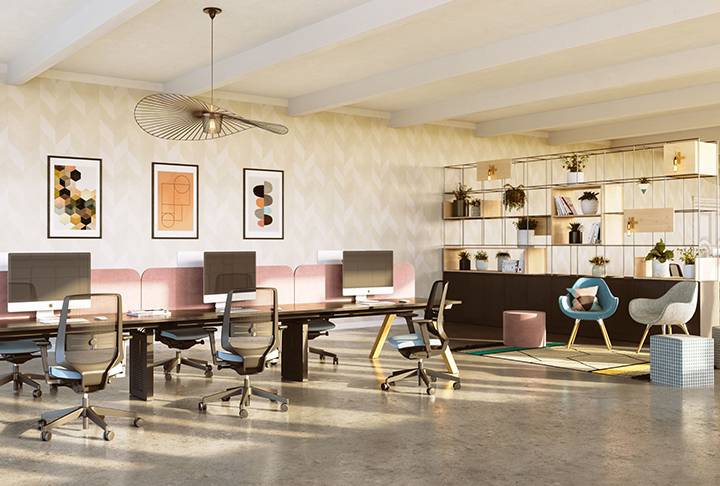
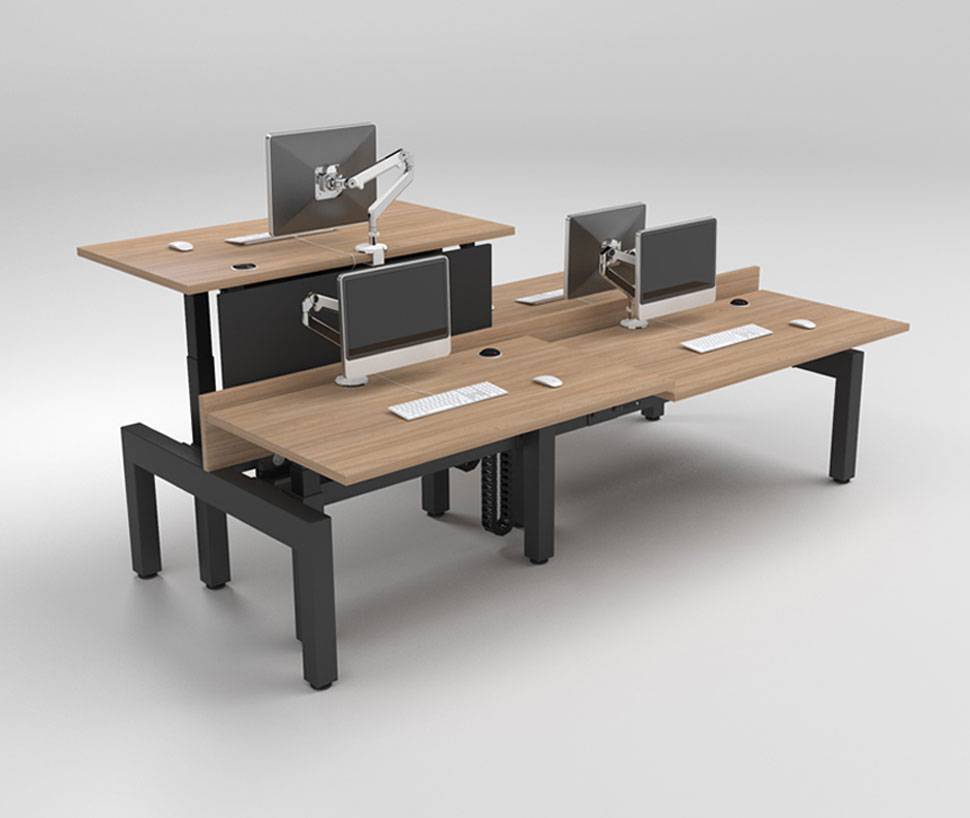



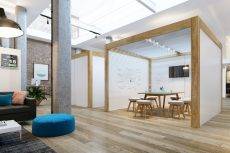
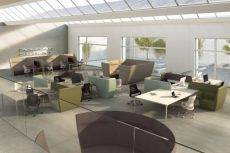
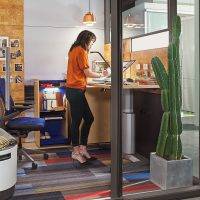
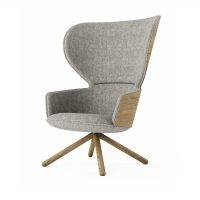
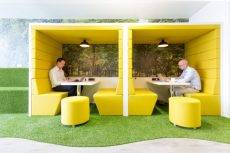


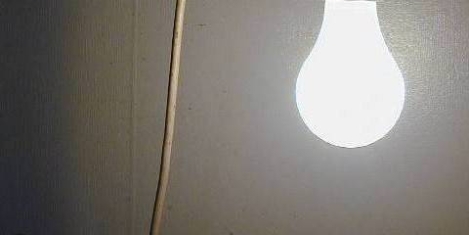
 Issues with the quality of their workplace lighting frustrate the majority (83 percent) of UK office workers; while 80 percent experience negative symptoms due to poor lighting a new study suggests. The survey by Lutron Electronics focused on key areas including the impact of lighting on mood and wellbeing and whether workers had personal control of their lights or were subject to standard lighting control settings across the office. Understandably, 88 percent of UK respondents said that their office lighting is important or very important and one third (32 percent) stated that their existing workplace lighting aids them in the accuracy and visibility of their work. In addition, 27 percent believe it allows them to focus more while 25 percent said it increases their general wellbeing. However, 35 percent of overall respondents said their existing office lighting does not have any positive impact on them at work. This figure is even higher (44 percent) among those in large companies with more than 5,000 employees and amongst the most senior generation (55+), where it reached more than half (51 percent).
Issues with the quality of their workplace lighting frustrate the majority (83 percent) of UK office workers; while 80 percent experience negative symptoms due to poor lighting a new study suggests. The survey by Lutron Electronics focused on key areas including the impact of lighting on mood and wellbeing and whether workers had personal control of their lights or were subject to standard lighting control settings across the office. Understandably, 88 percent of UK respondents said that their office lighting is important or very important and one third (32 percent) stated that their existing workplace lighting aids them in the accuracy and visibility of their work. In addition, 27 percent believe it allows them to focus more while 25 percent said it increases their general wellbeing. However, 35 percent of overall respondents said their existing office lighting does not have any positive impact on them at work. This figure is even higher (44 percent) among those in large companies with more than 5,000 employees and amongst the most senior generation (55+), where it reached more than half (51 percent).
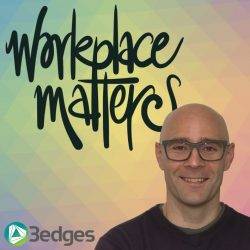

 HR professionals will, on average, oversee 15 staff with mental health conditions each year, according to new analysis from consultancy, the
HR professionals will, on average, oversee 15 staff with mental health conditions each year, according to new analysis from consultancy, the 
 Less stress and better workplace relationships are the reason why the happiest regions to work in the UK are Yorkshire and the Humber; while uninteresting work is the reason why employees in Scotland and the South are the most unhappy. Research into
Less stress and better workplace relationships are the reason why the happiest regions to work in the UK are Yorkshire and the Humber; while uninteresting work is the reason why employees in Scotland and the South are the most unhappy. Research into 












June 12, 2017
What will the UK General Election mean for the workplace? Some experts respond 0
by Mark Eltringham • Architecture, Comment, Flexible working, Property, Workplace, Workplace design
(more…)